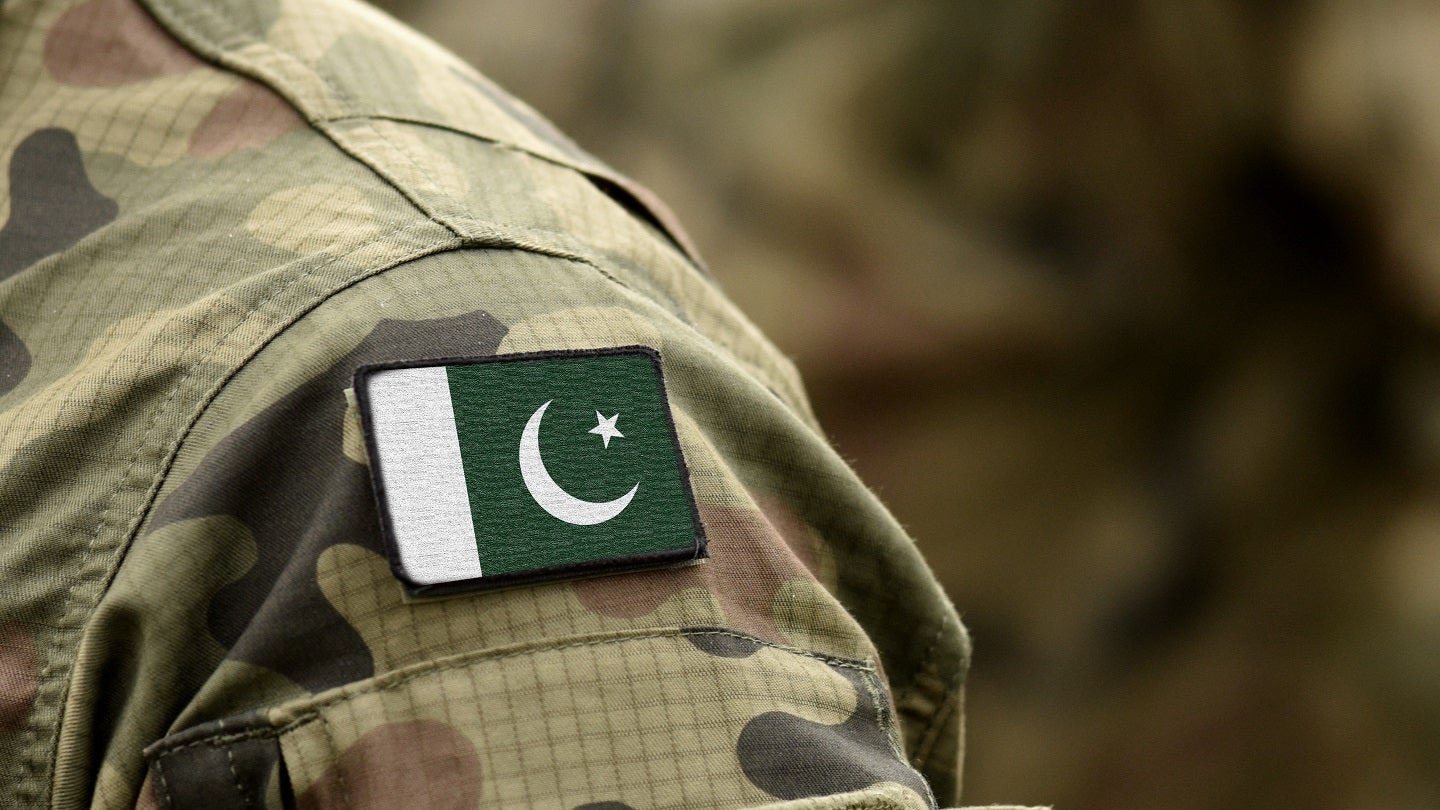
Although contending with worsening economic headwinds, Pakistan has maintained defence spending in 2023 as it bids to boost its military capabilities amid historic and ongoing tensions with regional rivals, with a focus on fixed-wing aerospace modernisation.
According to GlobalData’s latest report, “Pakistan’s Defense Market Size and Trends, Budget Allocation, Regulations, Key Acquisitions, Competitive Landscape and Forecast, 2023-28,” Pakistan’s defence budget witnessed a sharp decline of 14% annual growth rate in 2022.
However, it grew from $7.8bn in 2022 to $8.3bn in 2023, enabling it to maintain a positive compound annual growth rate (CAGR) of 0.5% over the period 2019-23.
Pakistan’s efforts to secure its borders and maintain stability within the country have been the primary factors shaping its defence investments over the years, according to GlobalData analysis. Historically, challenges including Pakistan’s volatile relationship with its neighbours and regional separatist movements, have played a major role in influencing the country’s defense policy making.
These factors are expected to continue to drive Pakistan’s defense budget to an estimated $10bn by 2028.
Akash Pratim Debbarma, aerospace and defence Analyst at GlobalData, commented: “Despite facing a severe economic crisis, Pakistan did not cutback its defence budget in 2023, which indicates the country’s emphasis on strengthening its defence capabilities and signifies its desire to ensure stability and security within its borders and fostering tranquility in the region.
“The projected growth in the defence budget showcases its intent to responsibly allocate resources to meet the needs of its armed forces.”
As Pakistan charts its path towards modernisation, a significant emphasis lies on bolstering its military fixed-wing aircraft capabilities. According to GlobalData estimates, the country is expected to cumulatively allocate $3.6bn between 2023 and 2033 for procuring various categories of military fixed-wing aircraft.
The ongoing and planned procurement programmes, such as the acquisition of FC-31, J-10C, PAC PF-X, and JF-17 Block-3 multi-role aircraft, are set to play a pivotal role in shaping the future of Pakistan’s aerial prowess, GlobalData added.
Debbarma concluded: “Through a strategic partnership with China, Pakistan was able to source advanced weaponry and technologies while nurturing its indigenous defence manufacturing capabilities. Despite its challenges, the country is trying to mix external collaboration and internal innovation to develop a robust domestic defense industry landscape. Pakistan is also organising events like IDEAS 2024, slated to be held in Karachi in 2024, to promote local defence companies and provide opportunities to showcase their defence products to the international markets.”
Pakistan’s defence budget balancing act
According to GlobalData’s analysis of Pakistan’s equipment inventory, the failure of the peace process with India has compelled the country to maintain a robust defence posture and increase defence spending.
Key areas of military procurement include combat aircraft, missile systems, submarines, and naval vessels. The majority of Pakistan’s defence budget is allocated to the services, with a small amount for defence administration.
The historic period witnessed a decline in the budget from $8.2bn in 2019 to $7.8bn in 2022 which increased again in 2023 to reach $8.3bn.




